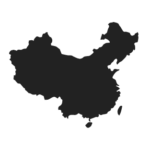Understanding Childhood Anxiety: Causes, Signs, and Early Detection
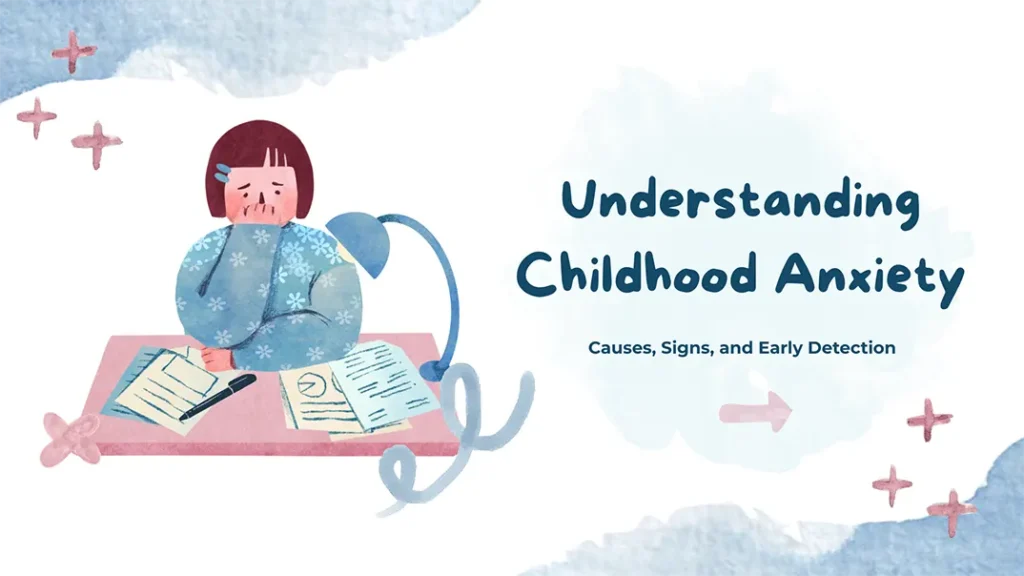
Childhood anxiety is a growing concern that affects children across various age groups and backgrounds. This article provides an in-depth understanding of childhood anxiety by exploring its potential causes, identifying key behavioral and emotional signs, and highlighting the importance of early detection.
What Are Anecdotal Records: Definition, Examples, and Best Practices
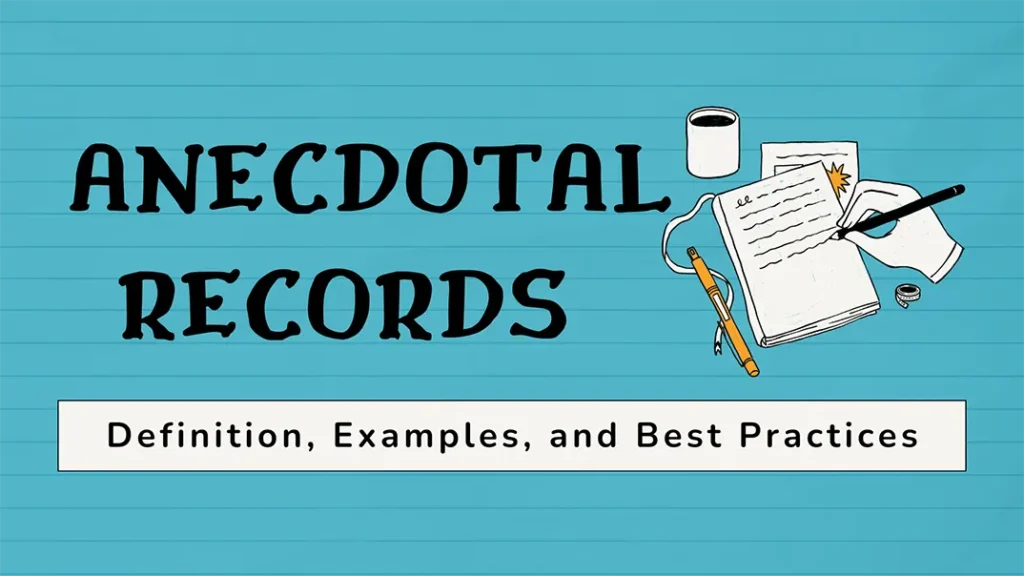
Anecdotal records are essential tools in early childhood education for documenting real-time observations of children’s behavior and development. In this article, we will define what anecdotal records are, explain their characteristics and benefits, provide real-world examples, and offer best practices for writing and organizing them.
A Guide to Potty Training for Toddlers
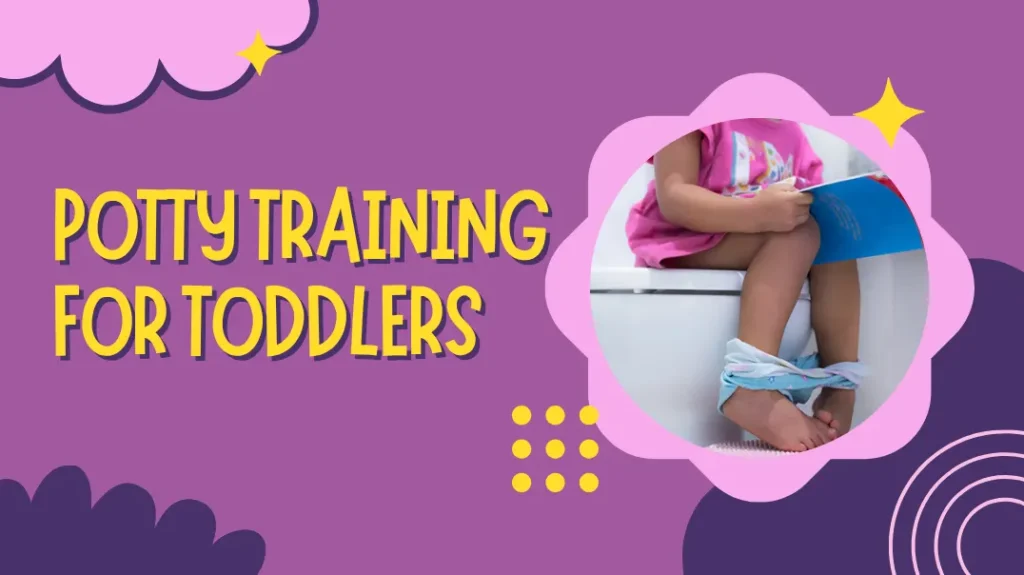
This comprehensive guide to potty training toddlers offers practical, stress-free methods for parents and educators. Learn signs of readiness, effective training steps, and Montessori-based tips to help children transition from diapers with confidence.
Beginner’s Guide to Gentle Parenting
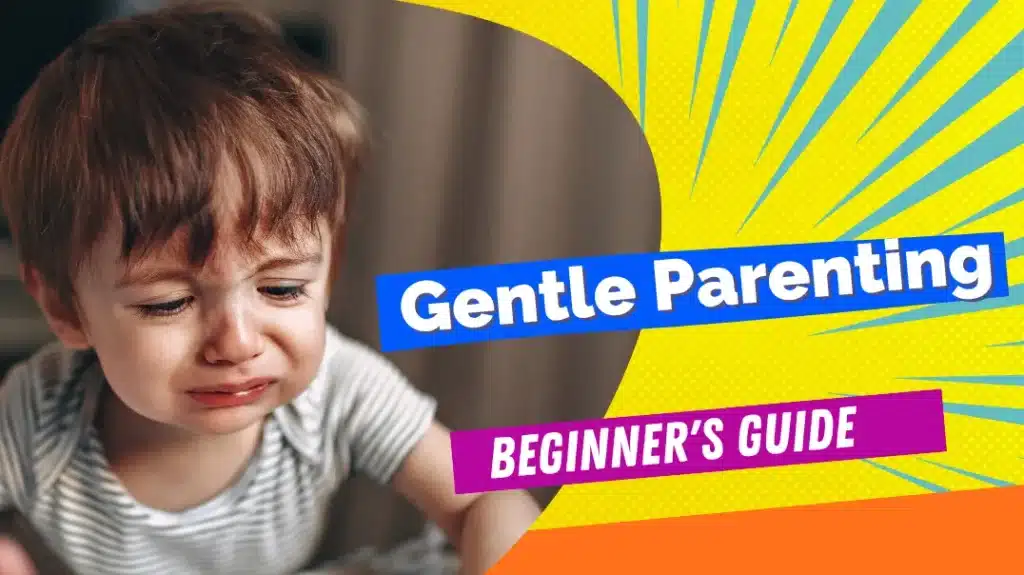
This guide introduces gentle parenting, a respectful and empathetic approach to raising children. Learn how to apply its principles in everyday life to build trust, reduce stress, and support child development without punishments or yelling.
The Benefits of a Mixed-Age Classroom for Holistic Learning
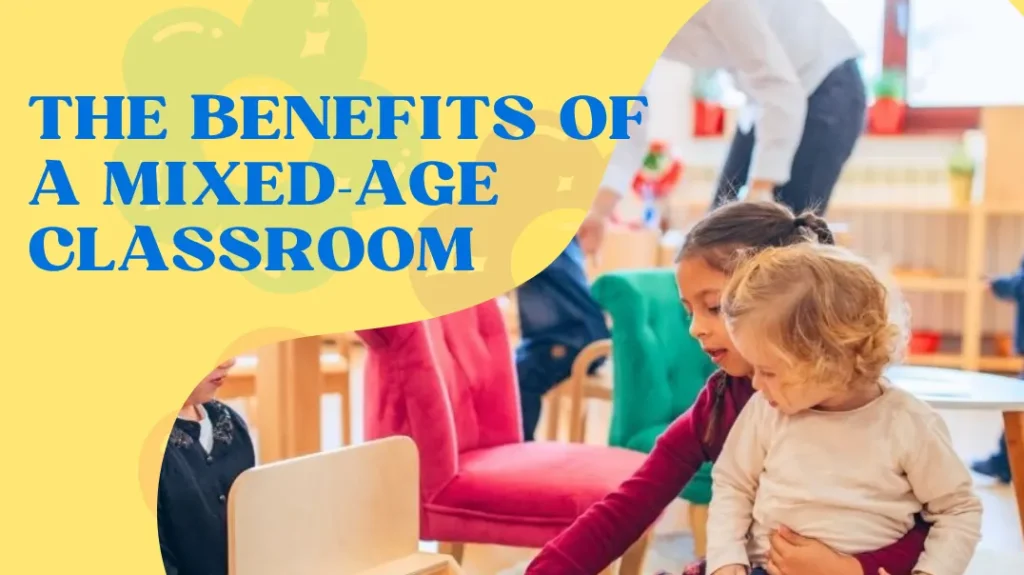
Mixed-age classrooms, a hallmark of Montessori education, create a nurturing and dynamic learning environment. Children benefit cognitively, socially, and emotionally by learning from and with peers of different ages, fostering independence, leadership, and cooperation.
Receptive and Expressive Language: What is the Difference?
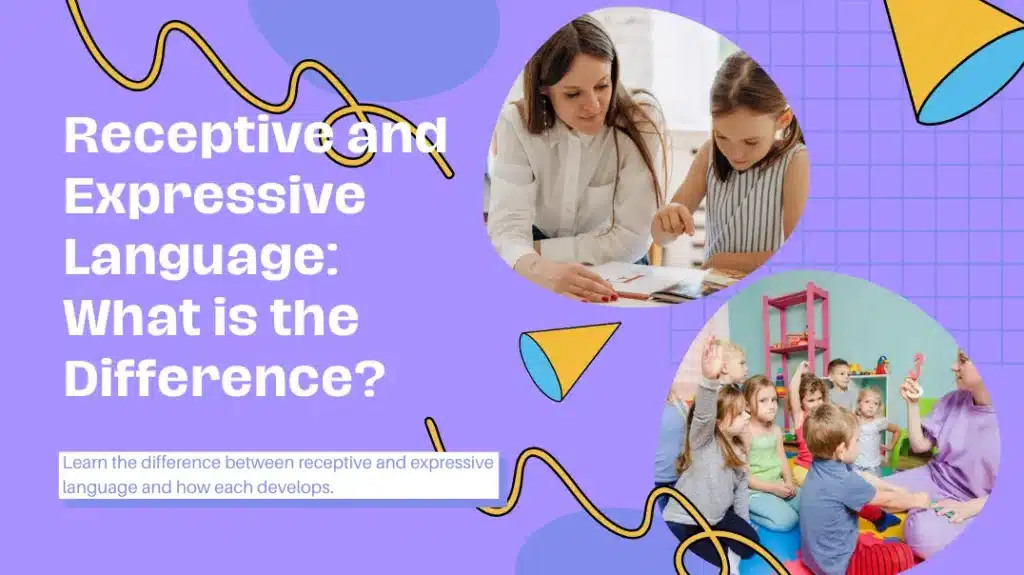
This article explains the difference between receptive and expressive language, how each supports child development, signs of delays, and practical strategies to encourage communication in early education.
How to Organize a Memorable Preschool Graduation?
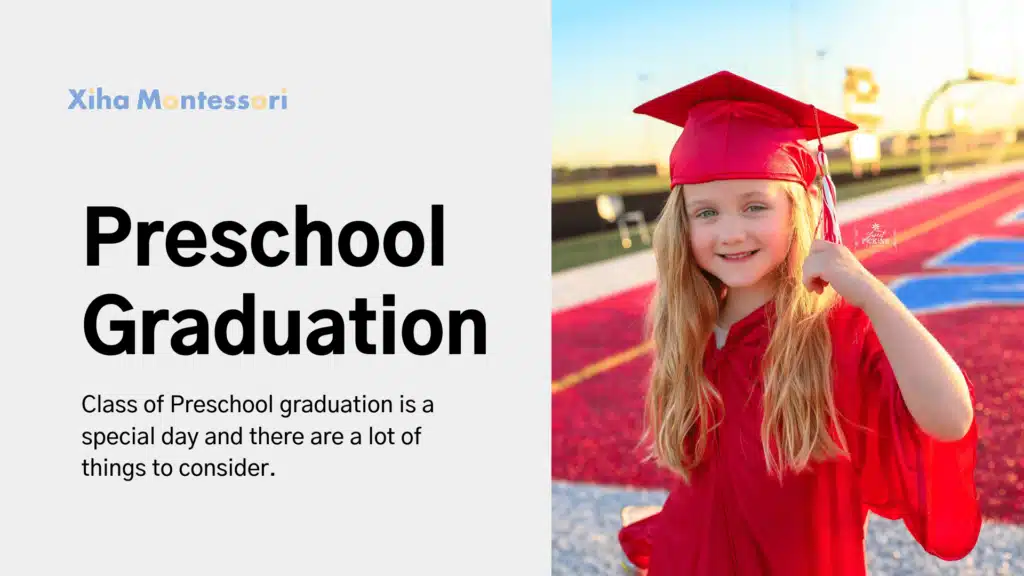
Organizing a preschool graduation can feel overwhelming, but with the right plan, it becomes a magical event. This guide covers everything from ceremony ideas and gifts to songs and crafts, helping educators celebrate every child’s milestone with joy and creativity.
A Guide to Preschool Learning Objectives
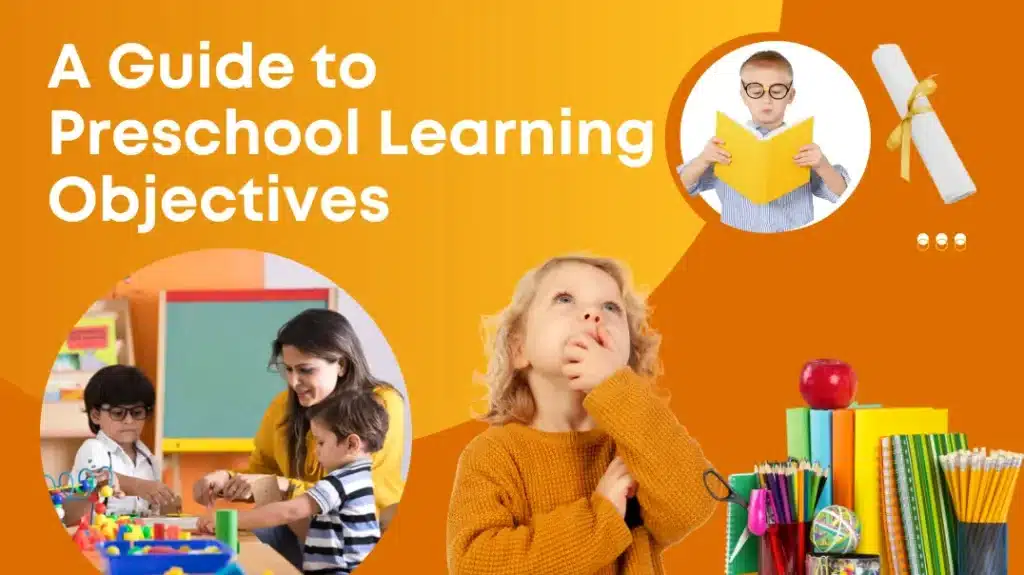
In this article, I explore the essential preschool learning objectives that guide early childhood education. From cognitive skills to emotional development and social interaction, I break down the core outcomes every kindergarten should aim for to ensure holistic growth in children.
The Power of Sensory Play for Child Development

Sensory play enhances child development by stimulating brain growth, improving motor skills, and supporting emotional regulation. This article explores its scientific foundations, classroom applications, and practical tips for educators to create engaging, developmentally rich environments.

